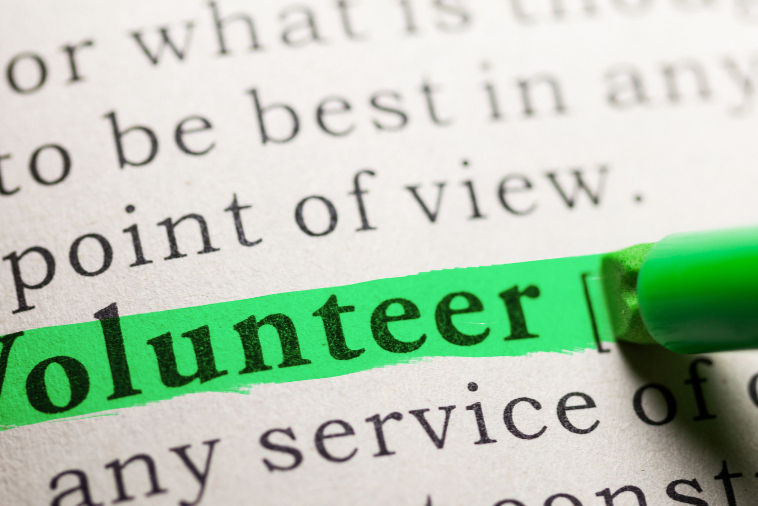
As the year draws to a close, it's natural to reflect on the path we’ve traveled, especially for those who have experienced trauma. This season offers a chance to pause, acknowledge our progress, and celebrate the strength we've found along the way. Healing from trauma is often a challenging and non-linear journey, but each step forward—no matter how small—deserves to be honored.
For survivors, this time of year can bring a mix of emotions. Some may feel a sense of relief that the year is ending, while others might be anxious about what lies ahead. Whether you’re looking back or looking forward, this is a powerful moment to focus on your growth and consider how you want to step into the new year.
Embracing Growth Through Healing
Healing from trauma takes time and courage. It’s easy to overlook the quiet moments of growth—when you practiced self-care, established a boundary, or asked for support when you needed it. Growth happens in the small victories, even when they don’t feel like victories at all. Maybe it was simply taking a deep breath, getting through another day, or finding a way to feel safe again.
Survivors often underestimate the strength it takes just to keep moving forward. This year, consider the ways you’ve grown—emotionally, mentally, and even spiritually. Every bit of progress matters, whether it’s learning to trust again, finding joy in something you love, or standing up for yourself in new ways.
Letting Go as We Walk Into the New Year
The end of the year also invites us to let go of the things that no longer serve us. For survivors of trauma, this can mean releasing the grip that past pain, anger, or fear may hold on our lives. Letting go doesn’t mean forgetting or dismissing what happened—it means finding a way to reclaim our power and move forward with our healing.
Maybe it’s time to let go of guilt or shame that isn't yours to carry, or perhaps it’s about releasing a toxic relationship or negative self-talk. Letting go is deeply personal, and it happens at your own pace. It’s okay if it takes time. What matters is that you’re making space for something new, something healing.
Tips for Self-Care During Transitions

As you reflect on the past year and prepare for the new one, prioritizing self-care is essential. Trauma can take a toll on both the mind and body, so nurturing yourself is an important part of the healing process. Here are a few tips to help you stay grounded during this time of transition:
Create a Routine That Grounds You: Whether it’s a morning cup of tea, a few minutes of meditation, or a walk in nature, find small activities that bring you peace and consistency.
Set Boundaries: The holidays can sometimes bring added stress. Remember that it’s okay to say no and protect your energy. Surround yourself with people who support your healing.
Practice Gratitude: While healing is tough, try to find moments of gratitude, even for the smallest things. This can shift your focus to the positives in your life, no matter how minor they may seem.
Engage in Creative Outlets: Art, music, journaling, or any form of creative expression can help process emotions and release pent-up feelings. Give yourself permission to explore these outlets as a form of self-care.
Focus on Your Physical Health: Trauma impacts the body as much as the mind. Prioritize sleep, nourish your body with healthy foods, and move in ways that feel good—whether it’s gentle stretching, yoga, or a more intense workout.
Seek Support: You don’t have to walk this journey alone. Reach out to trusted friends, family, or professionals who can offer a listening ear or guidance.
Setting Intentions for the New Year
With 2025 on the horizon, it’s a wonderful time to think about what you want to cultivate in the new year. Setting intentions—rather than resolutions—allows you to focus on growth without the pressure of perfection. As a survivor of trauma, your goals may revolve around healing, self-compassion, and finding joy again.
Here are a few intentions to consider:
Prioritize your healing: Make time for therapy, support groups, or other forms of healing that feel right for you.
Reconnect with things that bring you joy: Trauma can sometimes make us forget what it feels like to experience joy. In the new year, explore hobbies or activities that bring light into your life.
Practice self-compassion: Healing is a lifelong process, so be kind to yourself along the way. Allow yourself to rest, to take breaks, and to celebrate your progress.
Strengthen your support system: Surround yourself with people who uplift and
encourage you. Building a strong network of support can make a huge difference in your healing journey.
As you set your intentions for 2025, remember that healing takes time and progress comes in many forms. Whether you focus on nurturing your mind and body, reconnecting with joy, or surrounding yourself with supportive people, the new year offers a fresh start. Growth doesn’t have to be dramatic—it’s the small steps forward that matter most.
Get Involved: Volunteer at The Center

If you’re looking for a meaningful way to find purpose and give back during the holidays, consider volunteering with The Center for Sexual Assault Survivors. As a volunteer, you can make a real difference in the lives of survivors while being part of a supportive community that shares your values. From helping with events to supporting our crisis hotline, every act of service contributes to our mission. Volunteering can provide you with a sense of purpose, connection, and empowerment—knowing you are playing an important role in helping others heal.
If you’re interested in volunteering or learning more about opportunities at The Center, please visit our website or contact our Volunteer Program Coordinator at sbryant@visitthecenter.org. Together, we can support each other and make a positive impact in the community.












Comments